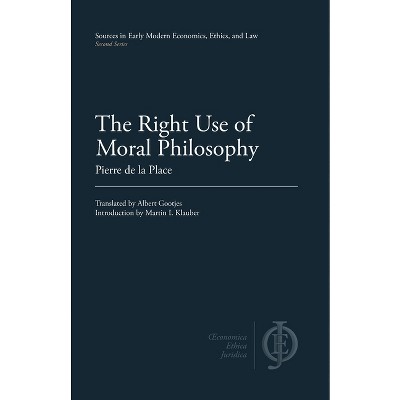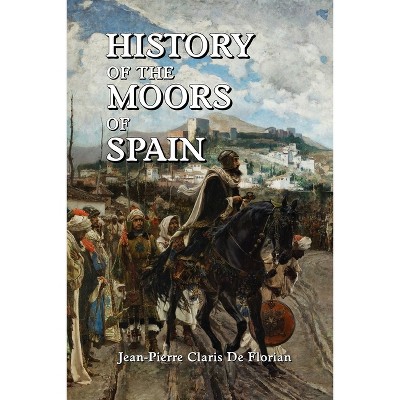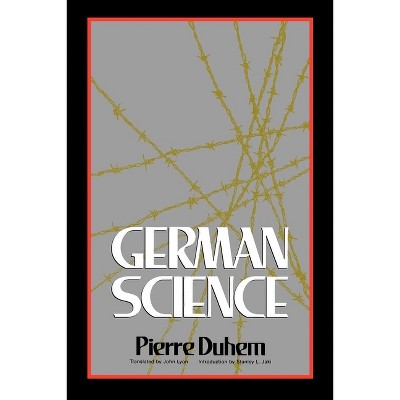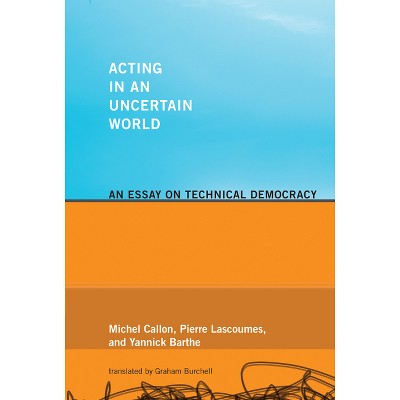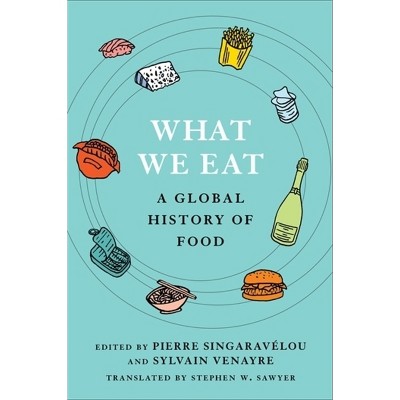About this item
Highlights
- For fifteen years, from 1970 to 1985, Pierre Trudeau, Peter Lougheed, and René Lévesque were principal players in what has been dubbed the era of Canadian conflictual federalism-a period during which the nation was almost torn apart by battles over provincial versus federal powers, fueled by separatist sentiments in Quebec and fights over the sharing of profits from Alberta's vast petroleum resources.
- Author(s): Jack Martin
- 418 Pages
- Biography + Autobiography, General
Description
About the Book
"Peter & Pierre is a fascinating look into the psychology and lives of both my Father and former Prime Minister Pierre Trudeau and their visions of Canada."
-Joe Lougheed
Book Synopsis
For fifteen years, from 1970 to 1985, Pierre Trudeau, Peter Lougheed, and René Lévesque were principal players in what has been dubbed the era of Canadian conflictual federalism-a period during which the nation was almost torn apart by battles over provincial versus federal powers, fueled by separatist sentiments in Quebec and fights over the sharing of profits from Alberta's vast petroleum resources. These matters escalated in 1980 with Quebec's referendum on sovereignty association and Trudeau's implementation of the National Energy Program (NEP). They came to a head during the constitutional talks between the federal and provincial governments in early November of 1981.
This book tells the story of how different stages in the personal development and political lives of Pierre Trudeau and Peter Lougheed shaped their very different visions of Canadian federalism, and how these conflicting views played out in their fights over the NEP and patriation of the Canadian Constitution and Charter of Rights and Freedoms during the early 1980s. Lévesque and the other premiers are not forgotten, but focusing on Trudeau and Lougheed provides a fascinating exploration of personal similarities and differences grounded in the historical, sociocultural, and political contexts of their lives. This is the story of two confident, powerful, and far from perfect men who understood themselves as having obligations to their home provinces and to Canada as a whole that only they could discharge. The consequences of their political contests and their eventual compromises continue to play out, as do their visions of Canada and what it might become.
The book is structured as a dual character study of Trudeau and Lougheed that is embedded in the histories of their home provinces and country, in their childhoods and educations, and in the relationships and undertakings that marked their adult lives. It is demonstrated and argued that neither could have done what the other did. Despite their many similarities, they each exercised signature capabilities and engaged different strategies and styles from those available to the other. How these capabilities, strategies, and styles developed in the contexts of their life experiences and attempts at self-development provides a unique glimpse into the complex intricacies of modes and manners of leadership suited to particular times and places, all subject to the vicissitudes of the predictable and the unexpected. Both men and their lives come more vividly into focus through the telling of their stories in tandem.
Shipping details
Return details
Trending Non-Fiction







